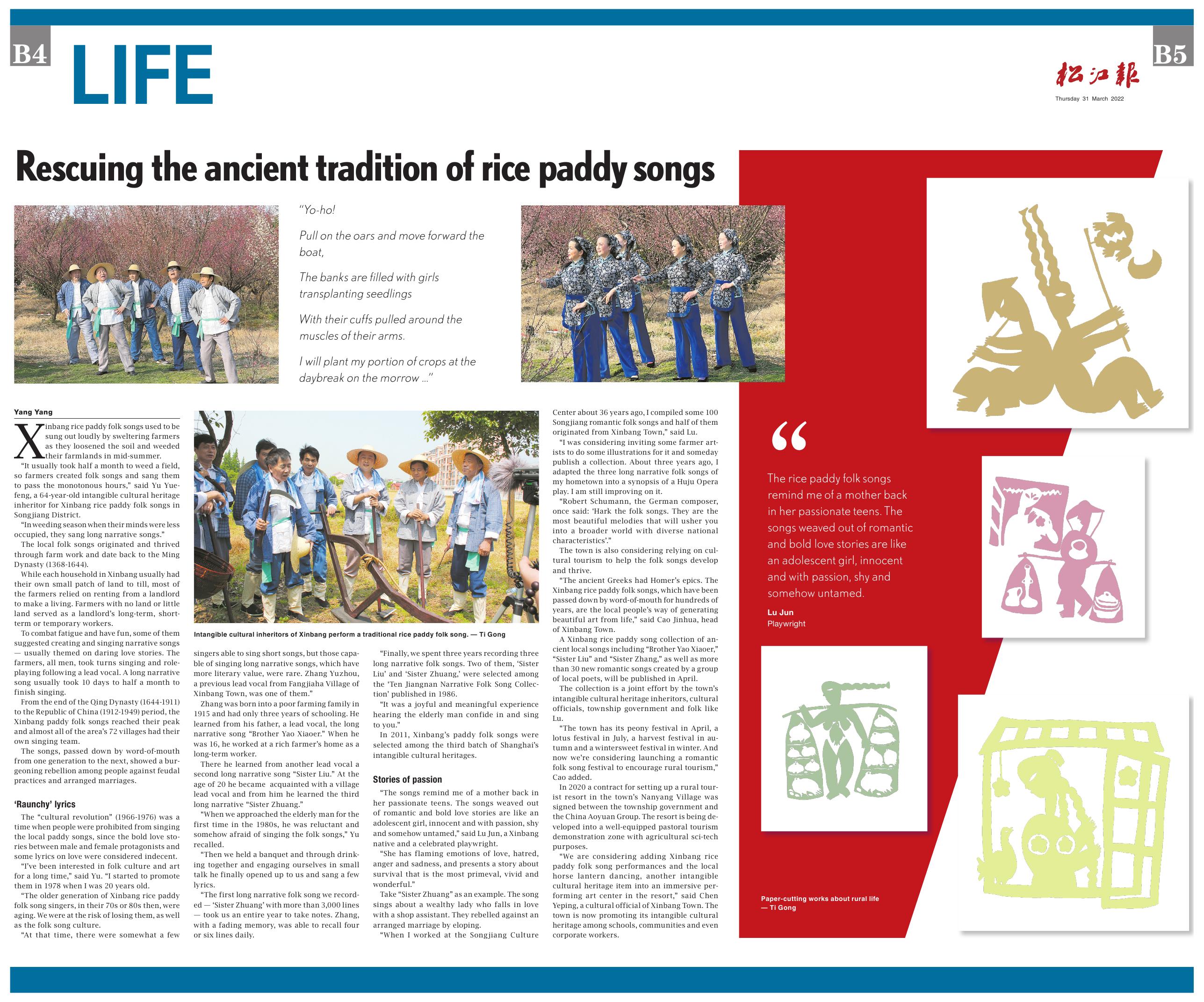

Rescuing the ancient tradition of rice paddy songs
“Yo-ho!
Pull on the oars and move forward the boat,
The banks are filled with girls transplanting seedlings
With their cuffs pulled around the muscles of their arms.
I will plant my portion of crops at the daybreak on the morrow ...”
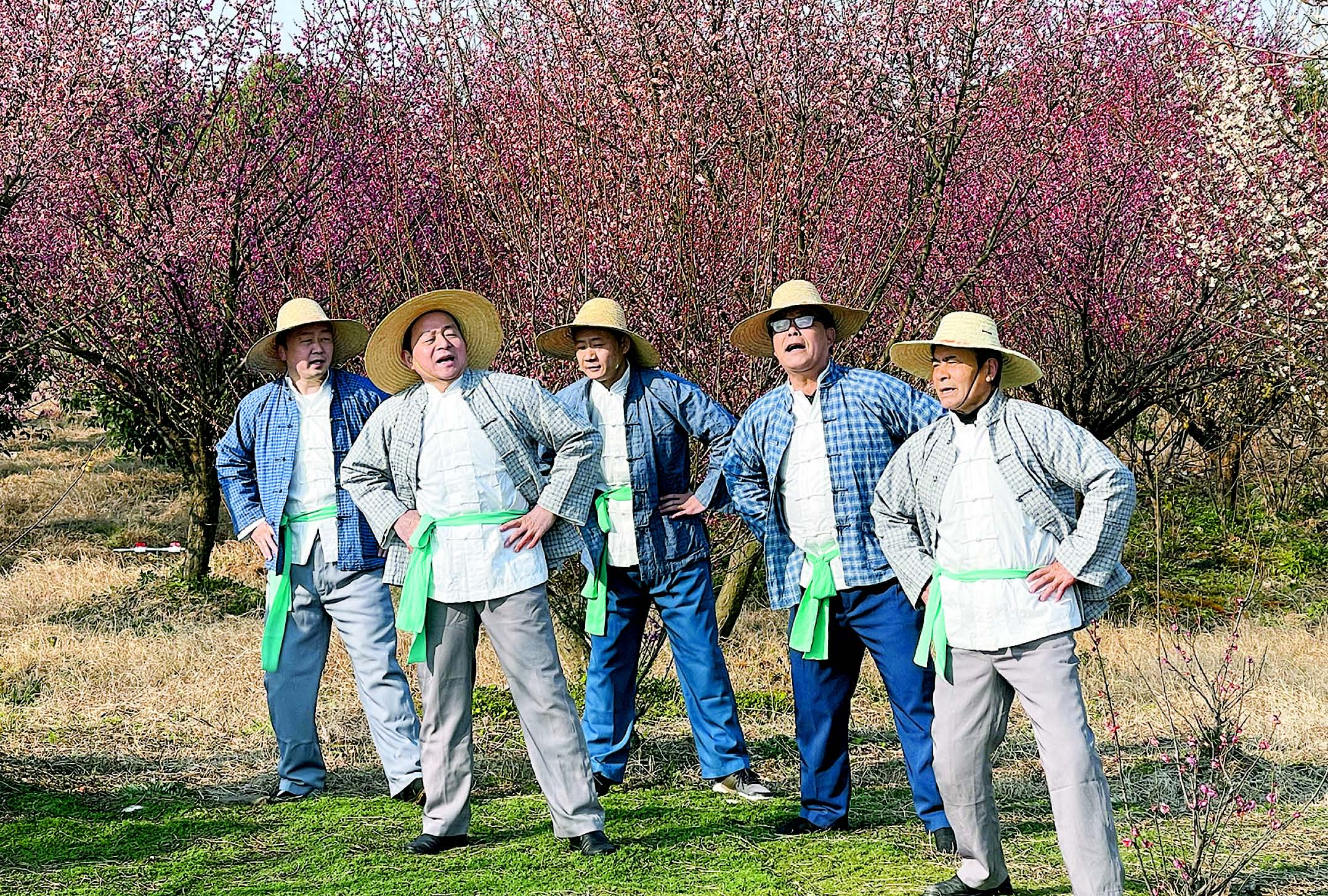
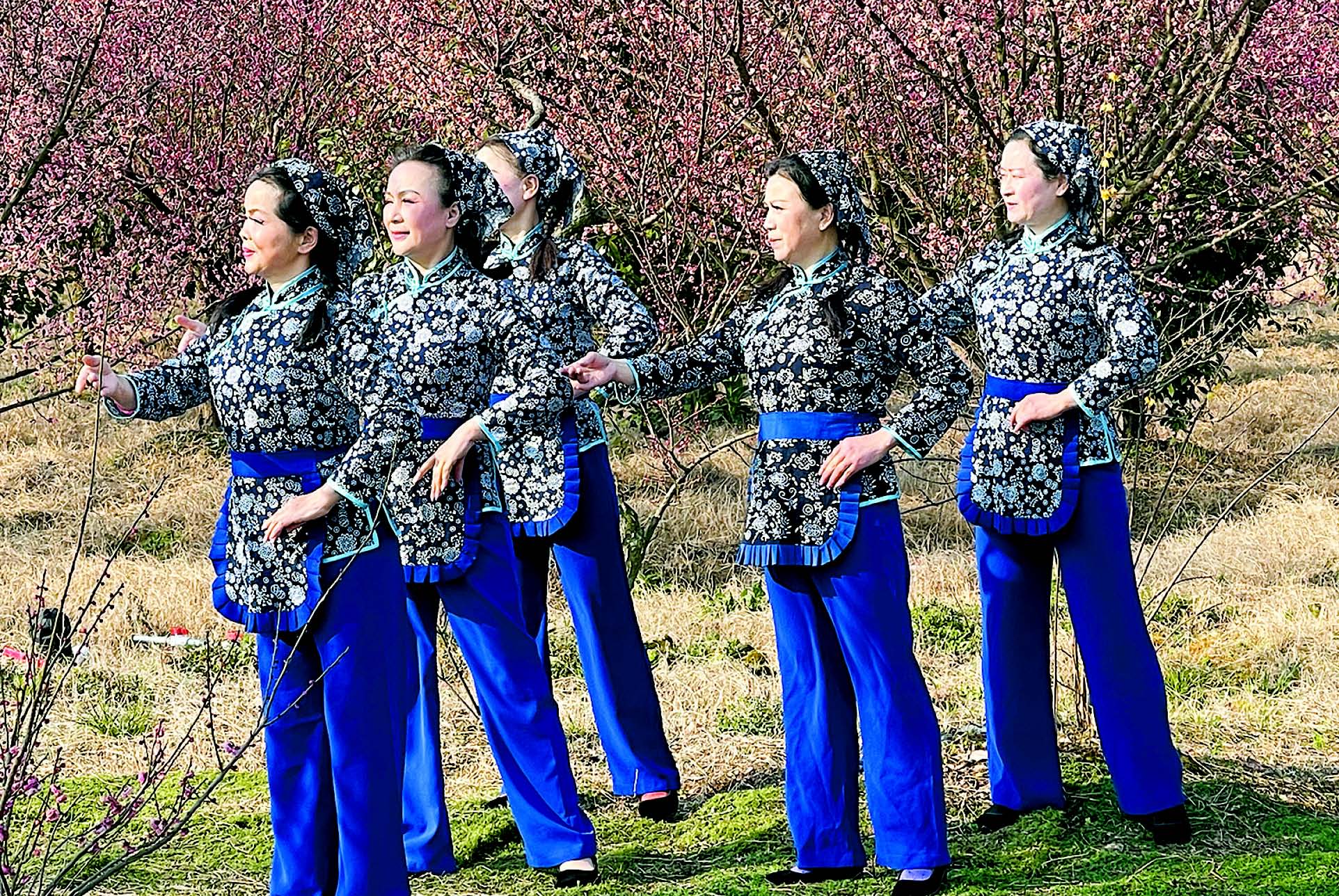

Yang Yang
Xinbang rice paddy folk songs used to be sung out loudly by sweltering farmers as they loosened the soil and weeded their farmlands in mid-summer.
“It usually took half a month to weed a field, so farmers created folk songs and sang them to pass the monotonous hours,” said Yu Yue-feng, a 64-year-old intangible cultural heritage inheritor for Xinbang rice paddy folk songs in Songjiang District.
“In weeding season when their minds were less occupied, they sang long narrative songs.”
The local folk songs originated and thrived through farm work and date back to the Ming Dynasty (1368-1644).
While each household in Xinbang usually had their own small patch of land to till, most of the farmers relied on renting from a landlord to make a living. Farmers with no land or little land served as a landlord’s long-term, short-term or temporary workers.
To combat fatigue and have fun, some of them suggested creating and singing narrative songs — usually themed on daring love stories. The farmers, all men, took turns singing and role-playing following a lead vocal. A long narrative song usually took 10 days to half a month to finish singing.
From the end of the Qing Dynasty (1644-1911) to the Republic of China (1912-1949) period, the Xinbang paddy folk songs reached their peak and almost all of the area’s 72 villages had their own singing team.
The songs, passed down by word-of-mouth from one generation to the next, showed a bur-geoning rebellion among people against feudal practices and arranged marriages.
‘Raunchy’ lyrics
The “cultural revolution” (1966-1976) was a time when people were prohibited from singing the local paddy songs, since the bold love sto-ries between male and female protagonists and some lyrics on love were considered indecent.
“I’ve been interested in folk culture and art for a long time,” said Yu. “I started to promote them in 1978 when I was 20 years old.
“The older generation of Xinbang rice paddy folk song singers, in their 70s or 80s then, were aging. We were at the risk of losing them, as well as the folk song culture.
“At that time, there were somewhat a few singers able to sing short songs, but those capa-ble of singing long narrative songs, which have more literary value, were rare. Zhang Yuzhou, a previous lead vocal from Fangjiaha Village of Xinbang Town, was one of them.”
Zhang was born into a poor farming family in 1915 and had only three years of schooling. He learned from his father, a lead vocal, the long narrative song “Brother Yao Xiaoer.” When he was 16, he worked at a rich farmer’s home as a long-term worker.
There he learned from another lead vocal a second long narrative song “Sister Liu.” At the age of 20 he became acquainted with a village lead vocal and from him he learned the third long narrative “Sister Zhuang.”
“When we approached the elderly man for the first time in the 1980s, he was reluctant and somehow afraid of singing the folk songs,” Yu recalled.
“Then we held a banquet and through drink-ing together and engaging ourselves in small talk he finally opened up to us and sang a few lyrics.
“The first long narrative folk song we record-ed — ‘Sister Zhuang’ with more than 3,000 lines — took us an entire year to take notes. Zhang, with a fading memory, was able to recall four or six lines daily.
“Finally, we spent three years recording three long narrative folk songs. Two of them, ‘Sister Liu’ and ‘Sister Zhuang,’ were selected among the ‘Ten Jiangnan Narrative Folk Song Collec-tion’ published in 1986.
“It was a joyful and meaningful experience hearing the elderly man confide in and sing to you.”
In 2011, Xinbang’s paddy folk songs were selected among the third batch of Shanghai’s intangible cultural heritages.
Stories of passion
“The songs remind me of a mother back in her passionate teens. The songs weaved out of romantic and bold love stories are like an adolescent girl, innocent and with passion, shy and somehow untamed,” said Lu Jun, a Xinbang native and a celebrated playwright.
“She has flaming emotions of love, hatred, anger and sadness, and presents a story about survival that is the most primeval, vivid and wonderful.”
Take “Sister Zhuang” as an example. The song sings about a wealthy lady who falls in love with a shop assistant. They rebelled against an arranged marriage by eloping.
“When I worked at the Songjiang Culture Center about 36 years ago, I compiled some 100 Songjiang romantic folk songs and half of them originated from Xinbang Town,” said Lu.
“I was considering inviting some farmer art-ists to do some illustrations for it and someday publish a collection. About three years ago, I adapted the three long narrative folk songs of my hometown into a synopsis of a Huju Opera play. I am still improving on it.
“Robert Schumann, the German composer, once said: ‘Hark the folk songs. They are the most beautiful melodies that will usher you into a broader world with diverse national characteristics’.”
The town is also considering relying on cul-tural tourism to help the folk songs develop and thrive.
“The ancient Greeks had Homer’s epics. The Xinbang rice paddy folk songs, which have been passed down by word-of-mouth for hundreds of years, are the local people’s way of generating beautiful art from life,” said Cao Jinhua, head of Xinbang Town.
A Xinbang rice paddy song collection of an-cient local songs including “Brother Yao Xiaoer,” “Sister Liu” and “Sister Zhang,” as well as more than 30 new romantic songs created by a group of local poets, will be published in April.
The collection is a joint effort by the town’s intangible cultural heritage inheritors, cultural officials, township government and folk like Lu.
“The town has its peony festival in April, a lotus festival in July, a harvest festival in au-tumn and a wintersweet festival in winter. And now we’re considering launching a romantic folk song festival to encourage rural tourism,” Cao added.
In 2020 a contract for setting up a rural tour-ist resort in the town’s Nanyang Village was signed between the township government and the China Aoyuan Group. The resort is being de-veloped into a well-equipped pastoral tourism demonstration zone with agricultural sci-tech purposes.
“We are considering adding Xinbang rice paddy folk song performances and the local horse lantern dancing, another intangible cultural heritage item into an immersive per-forming art center in the resort,” said Chen Yeping, a cultural official of Xinbang Town. The town is now promoting its intangible cultural heritage among schools, communities and even corporate workers.
The rice paddy folk songs remind me of a mother back in her passionate teens. The songs weaved out of romantic and bold love stories are like an adolescent girl, innocent and with passion, shy and somehow untamed.
Lu Jun Playwright
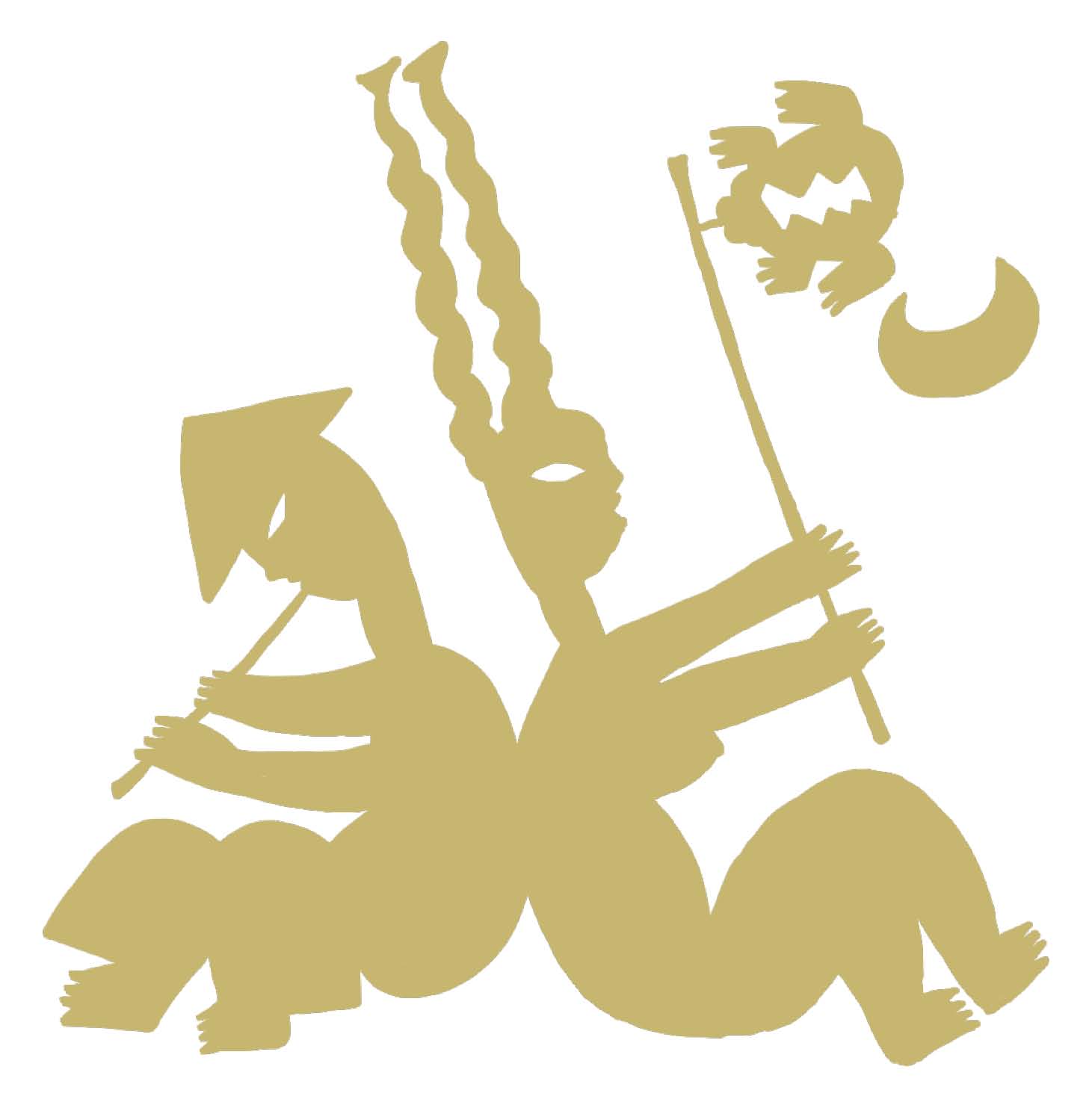
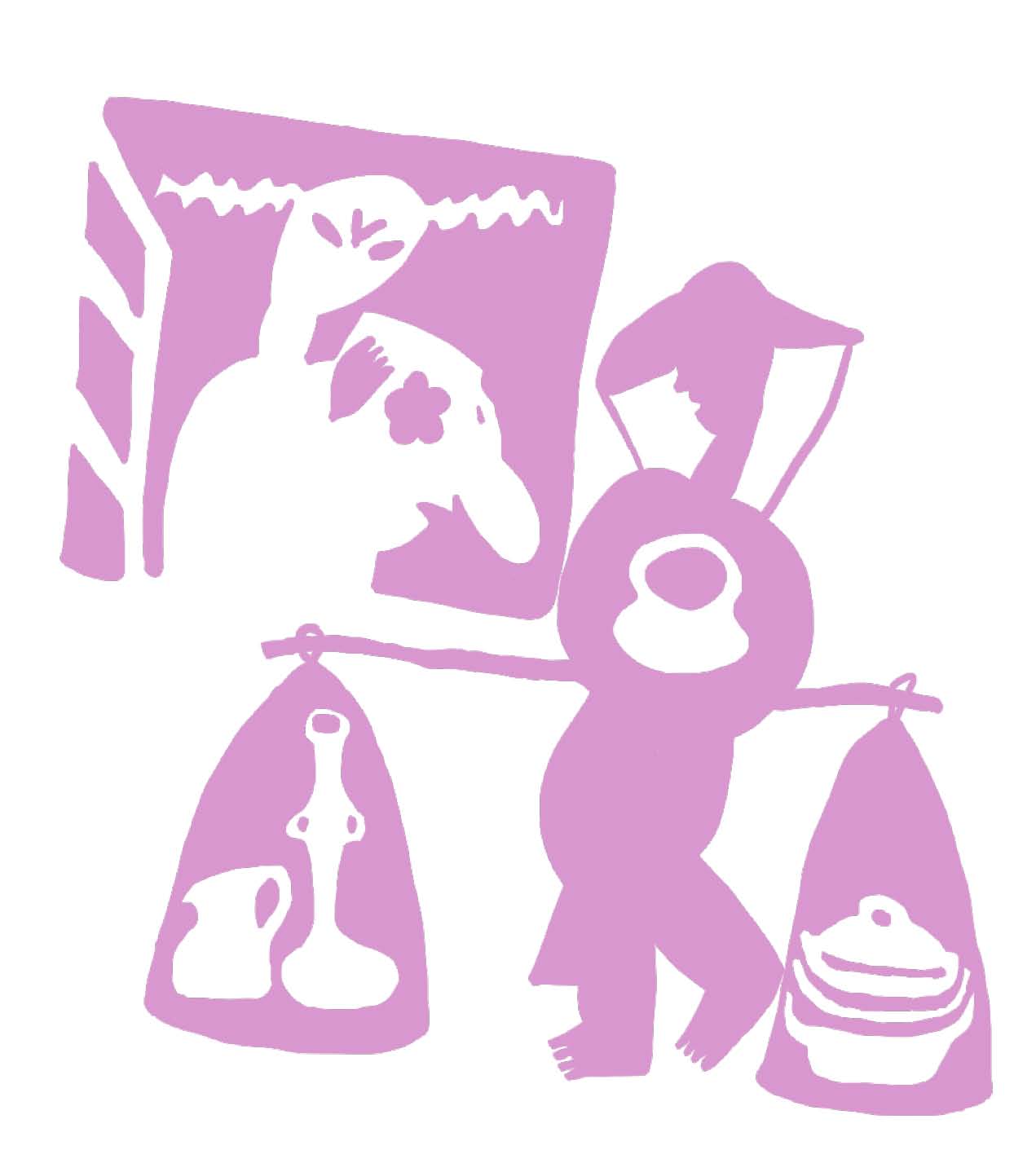

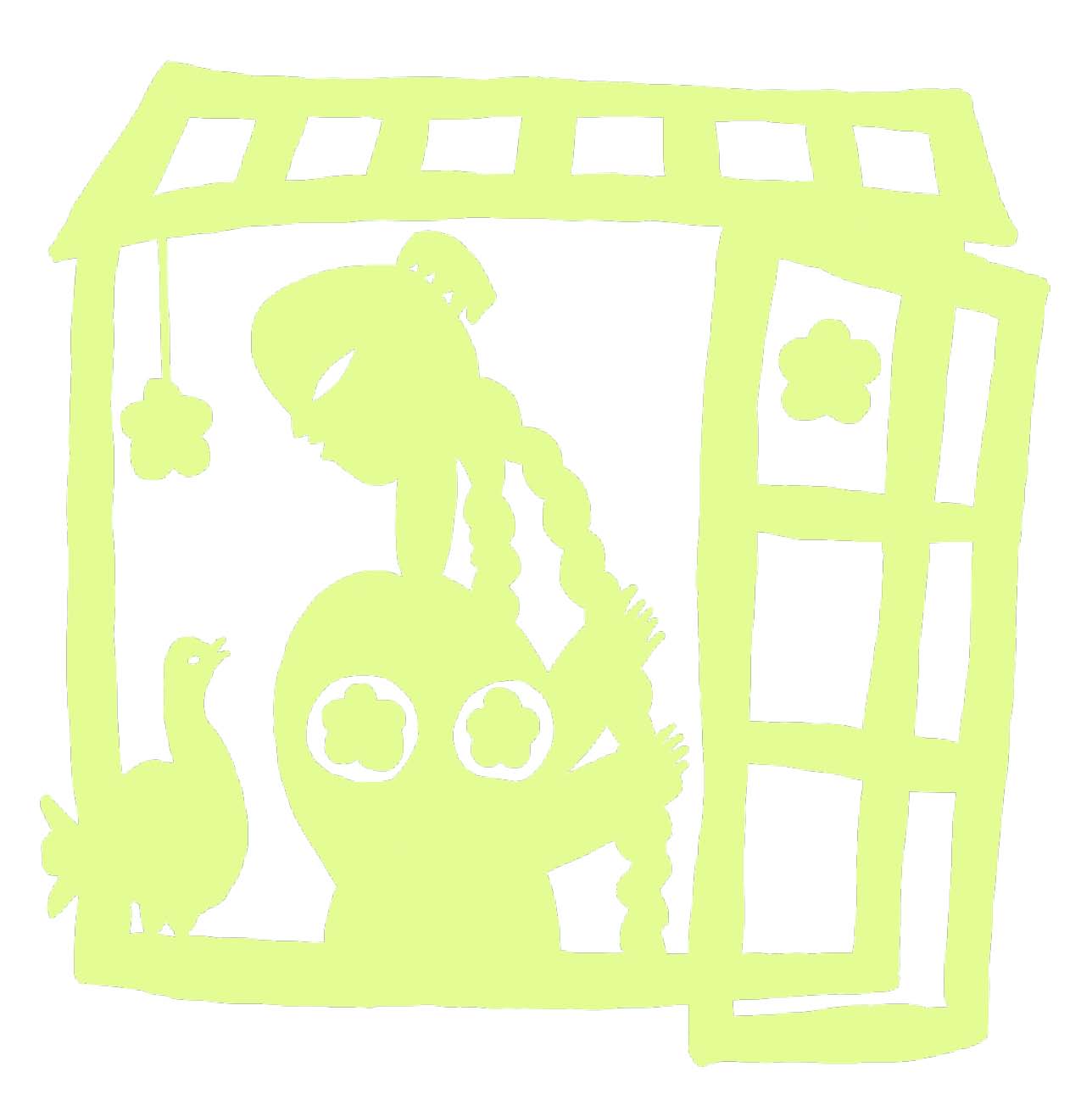
Paper-cutting works about rural life — Ti Gong
江苏路特数字科技有限公司 仅提供技术服务支持,文字、图片、视频版权归属发布媒体

